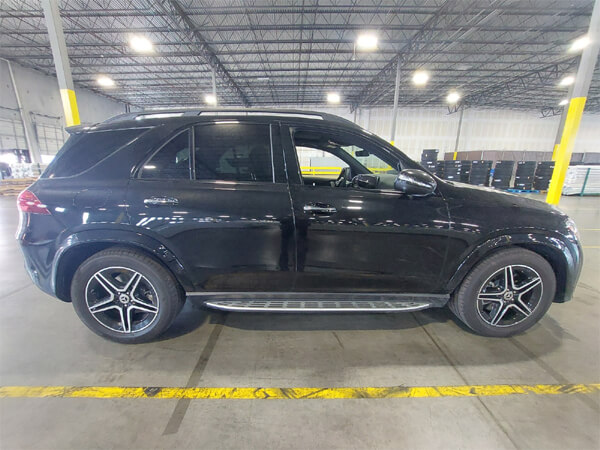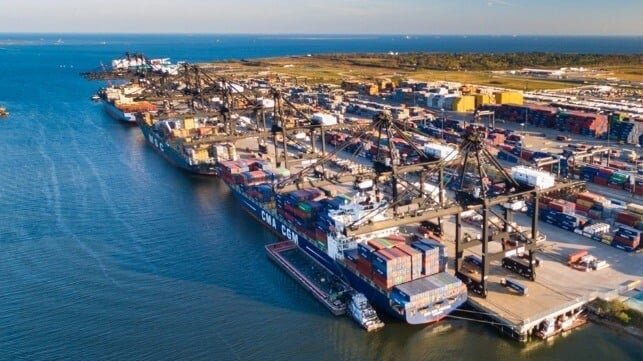Crackdown on Stolen Vehicle Exports at U.S. Ports Intensifies
Authorities in the U.S. are ramping up efforts to combat criminal syndicates involved in the illegal export of stolen vehicles, particularly those hidden in containers. The U.S. Customs and Border Protection (CBP) recently announced the interception of 32 vehicles at the ports of Houston/Galveston since October 2024, thwarting their illicit export to various countries.
The recovered vehicles, ranging from luxury sedans to pickup trucks, had a combined value exceeding $3 million. These vehicles had arrived at the ports with intentions of being smuggled out of the country in containers.
CBP officers flagged the vehicles for examination based on discrepancies in export documentation. Through meticulous inspections, they discovered that the vehicles were reported stolen from different locations across the U.S.
This interception of stolen vehicles is part of a broader initiative to combat transnational criminal organizations exploiting global trade routes for illegal activities. Preventing these vehicles from leaving the U.S. is crucial in deterring crime and upholding the integrity of international commerce.

One of the 32 stolen cars intercepted before being exported from the port (CBP)
Thomas Mahn, Area Port Director, emphasized the vital role CBP plays in safeguarding American communities and businesses from criminal activities. The agency remains committed to preventing stolen property from leaving the country and ensuring accountability for those involved in these crimes.
Auto theft continues to be a growing concern in the U.S., prompting CBP to intensify its efforts in combating this illegal trade. The recent seizures are part of a broader crackdown targeting various illicit activities violating U.S. export laws, including narcotics, firearms, counterfeit goods, illicit currency, and other contraband.
These interceptions follow the arrest and charges brought against two Cuban nationals allegedly involved in a large criminal ring exporting stolen motor vehicles. The majority of these vehicles were purportedly sent to Mexico through ports of entry in Hidalgo County and El Paso.

